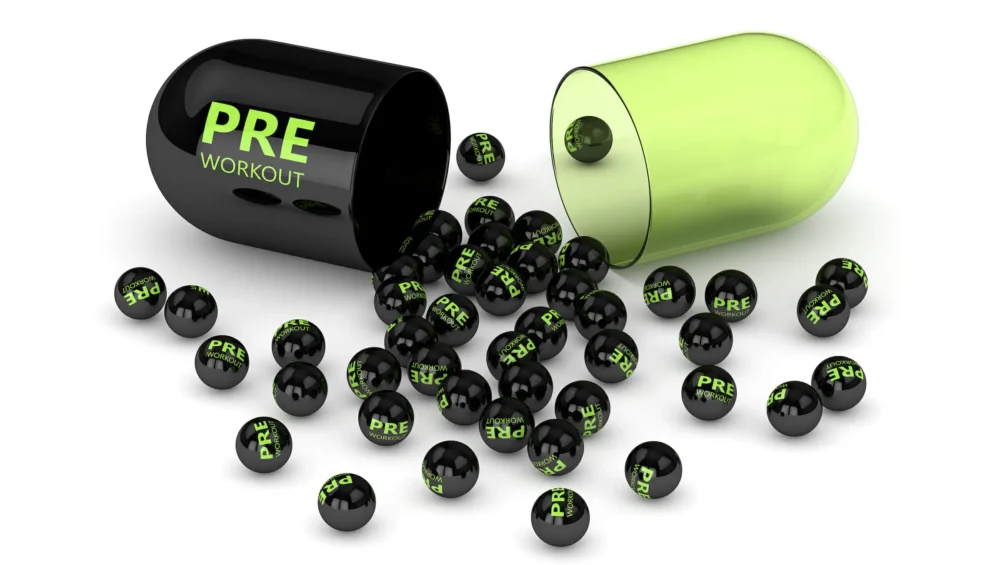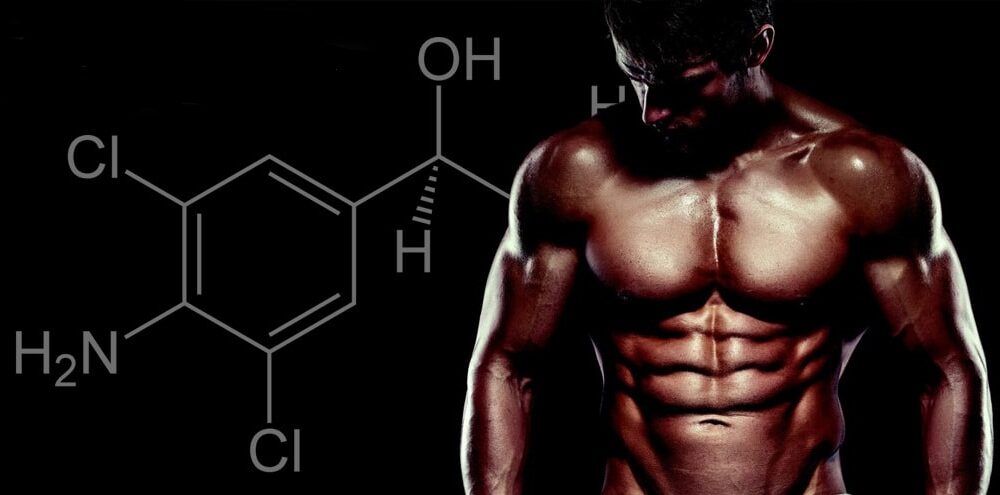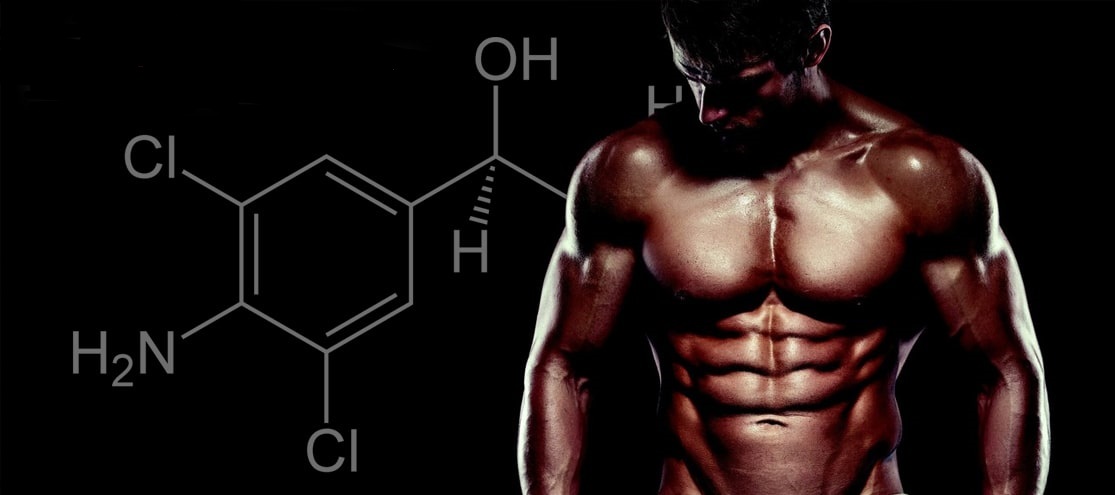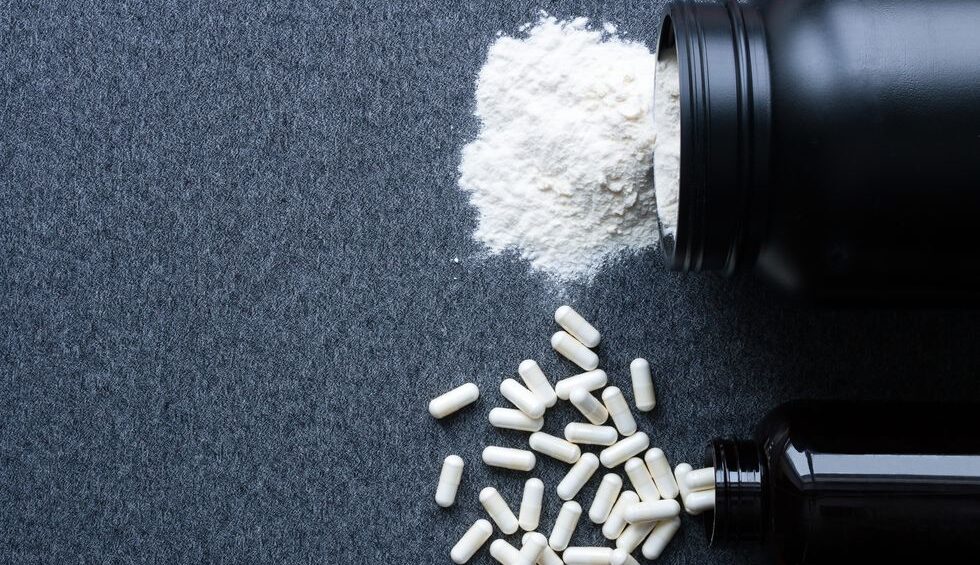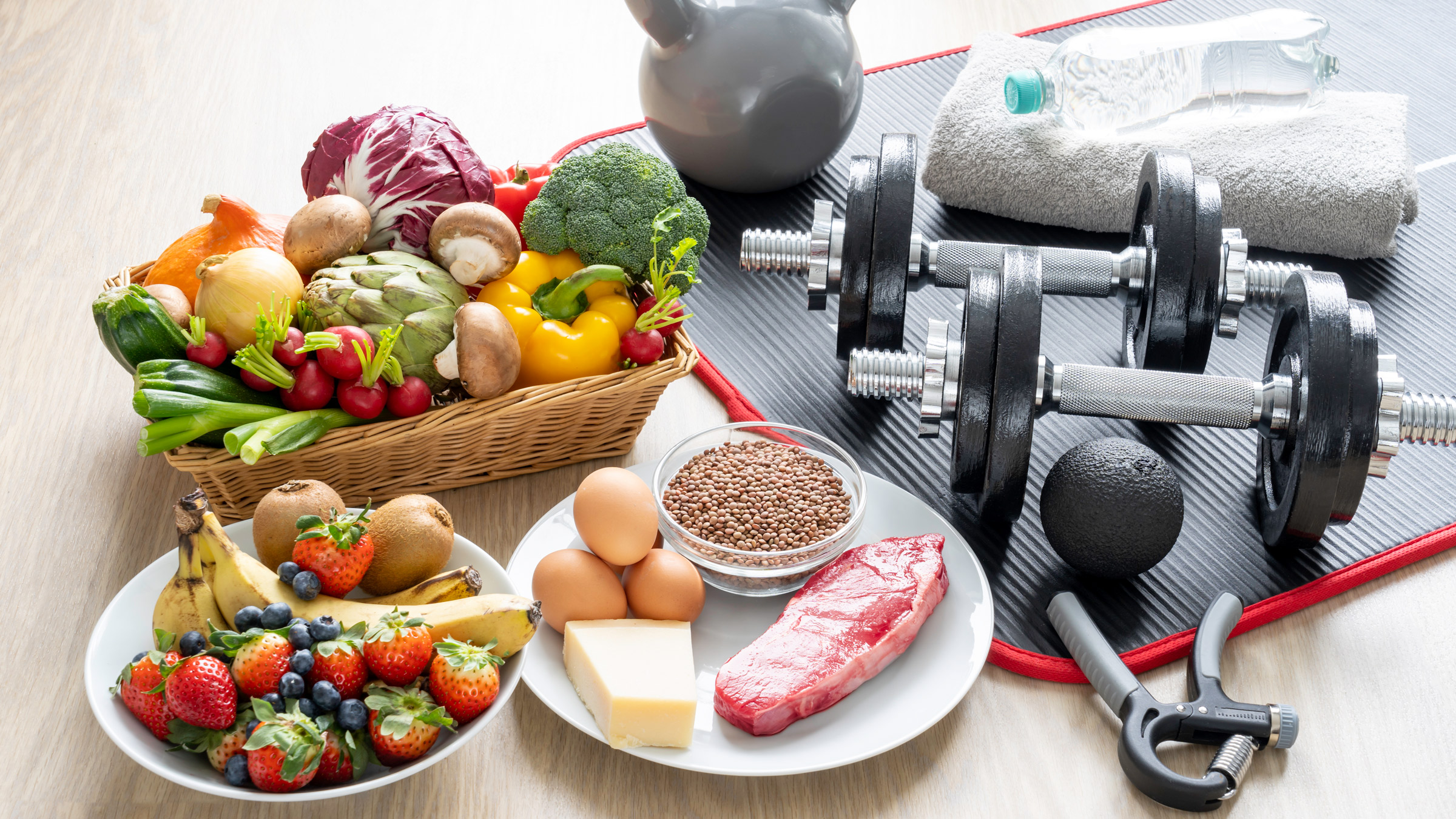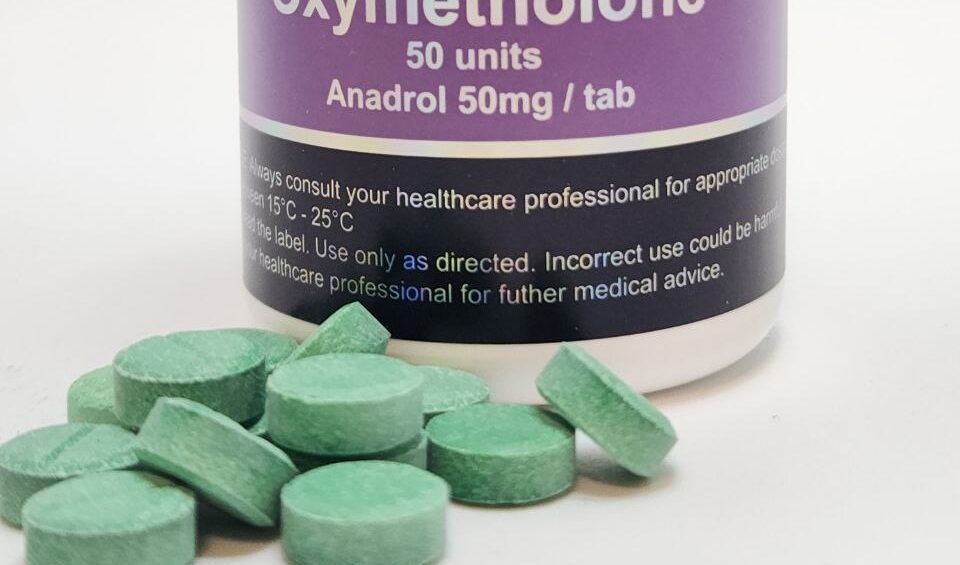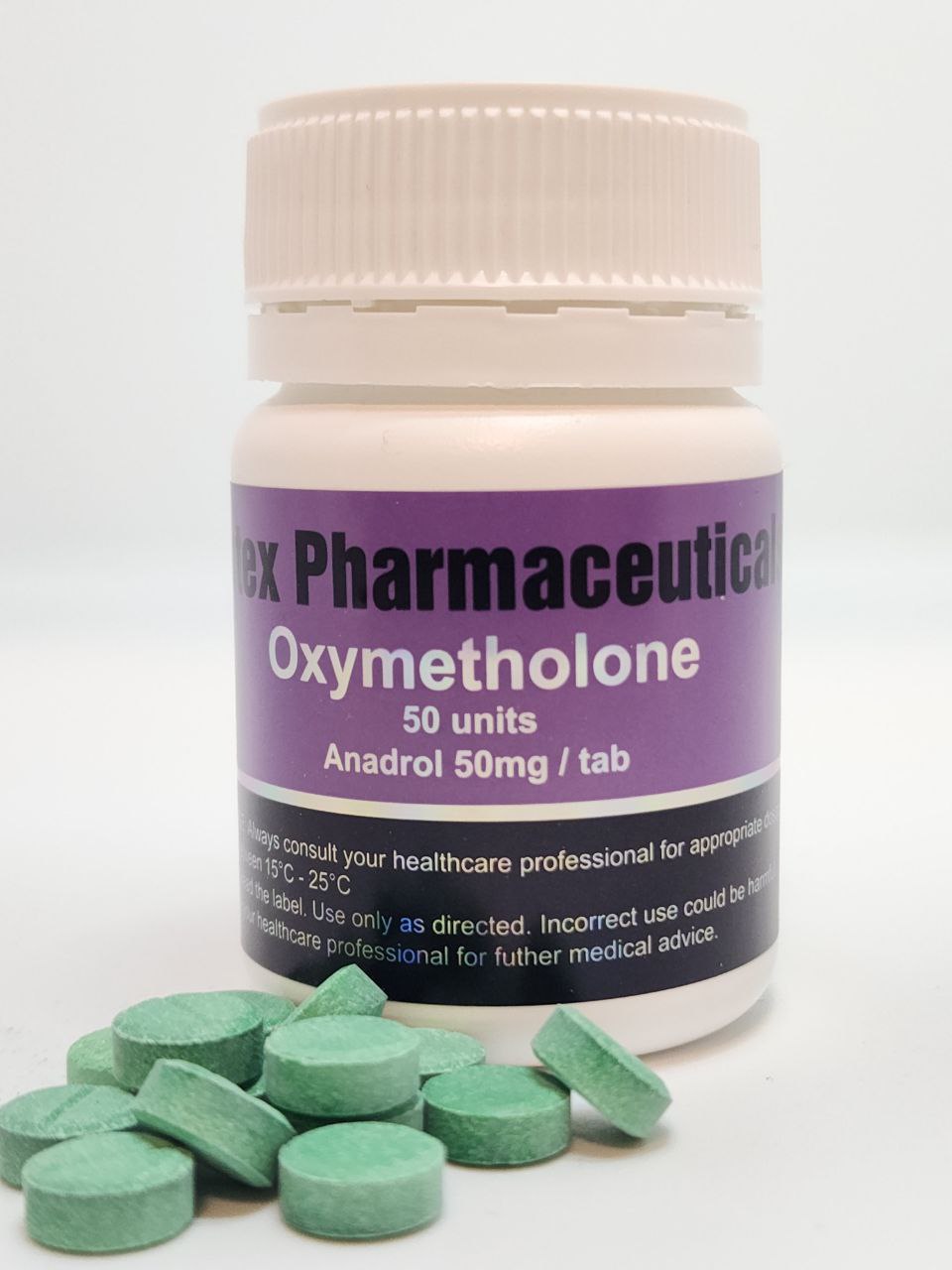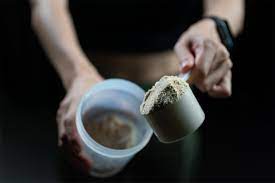Pre-Workout and Supplements for Maximum Performance
When it comes to crushing your gym session, what you eat before matters. In this guide, we’ll explore the ideal pre-workout nutrition and understanding the importance of pre-workout and sports supplements to fuel your fitness journey.
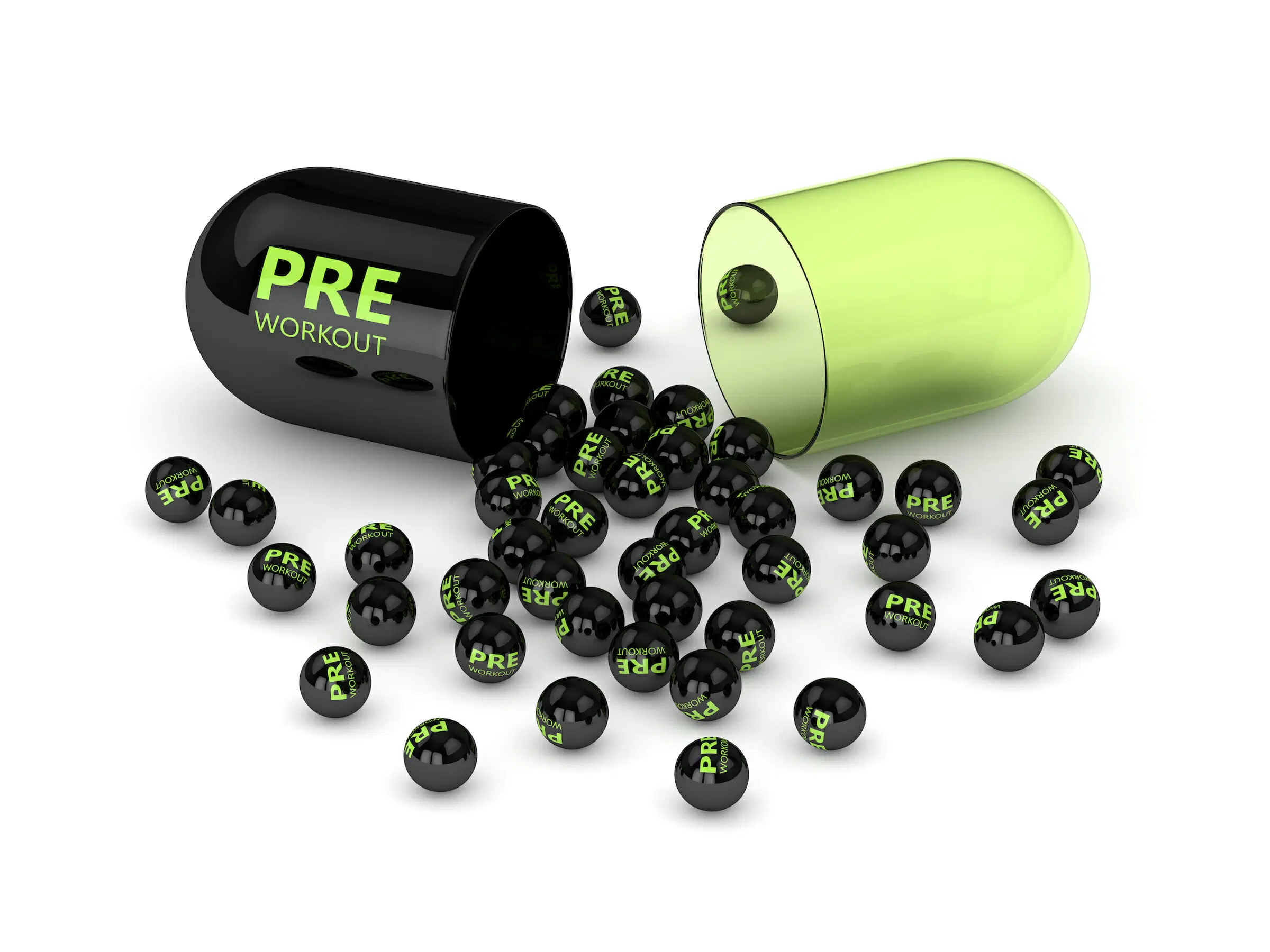
The Power of Pre-Workout Nutrition: Unlocking Potential with Sports Supplements Start your workout on the right foot with a mix of protein and carbohydrates. Opt for a quick-digesting protein source like whey and complex carbs to provide sustained energy.
Timing is Everything: How to Optimize Your Pre-Workout Meal Eat a balanced meal 2-3 hours before your workout. If you’re short on time, a smaller snack 30-60 minutes before can still make a significant difference.
Hydration Matters: Enhancing Performance with Sports Supplements and Water Don’t forget water. Proper hydration is key for optimal performance. Consider a sports drink with electrolytes for intense or prolonged workouts.
Protein Power: Maximizing Muscle Growth with Quality Proteins Protein is essential for muscle repair and growth. Include lean sources like chicken, tofu, or a protein shake in your pre-workout meal.
Carb Loading: Boosting Energy Levels with Complex Carbs Carbs are your body’s preferred energy source. Choose complex carbs like oats, sweet potatoes, or whole-grain bread for sustained energy throughout your workout.
Avoid High-Fat Foods: Supporting Digestion for Pre-Workout Success While healthy fats are beneficial, they can slow down digestion. Save the avocados and nuts for post-workout meals.
Optimizing Performance: The Role of Pre-Workout and Sports Supplements Consider incorporating pre-workout and sports supplements into your routine. These can provide a convenient and effective way to get the nutrients your body needs.
Balanced Snack Ideas: Quick Bites for Pre-Workout Boost If you’re opting for a pre-workout snack, consider options like a banana with nut butter, Greek yogurt with berries, or a protein smoothie.
In conclusion, your pre-workout nutrition plays a crucial role in optimizing your gym performance. Whether you choose a well-balanced meal or a convenient snack, be mindful of including a mix of protein and carbs. Don’t forget the importance of hydration and consider the benefits of incorporating pre-workout and sports supplements into your routine. Fuel your body right, and watch your fitness goals become milestones.

